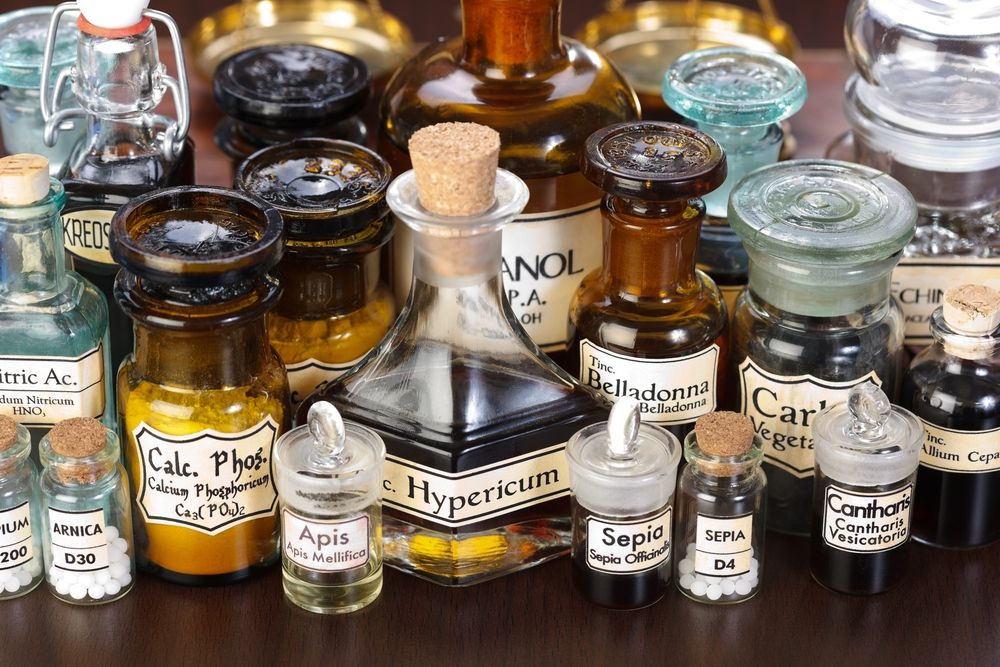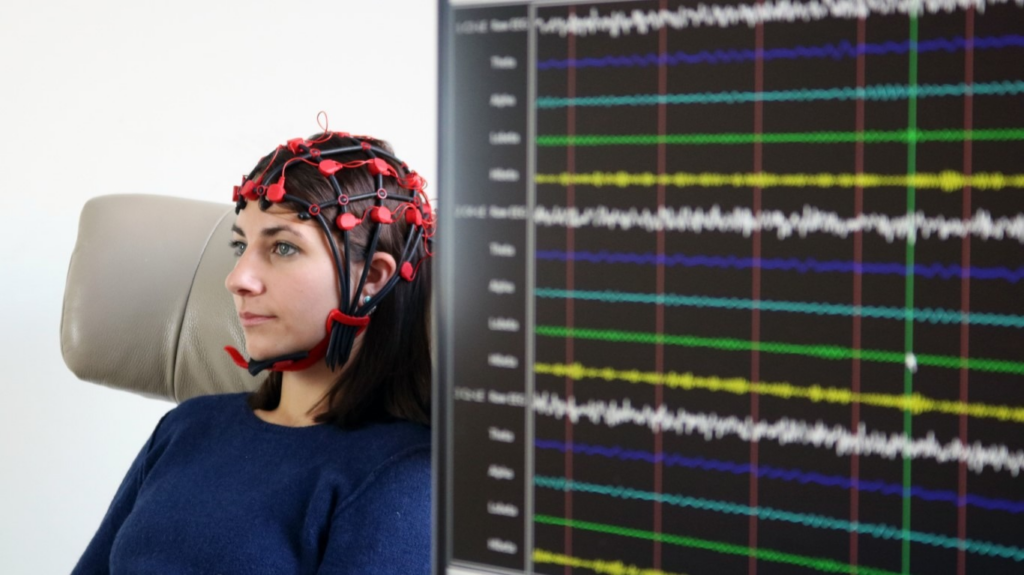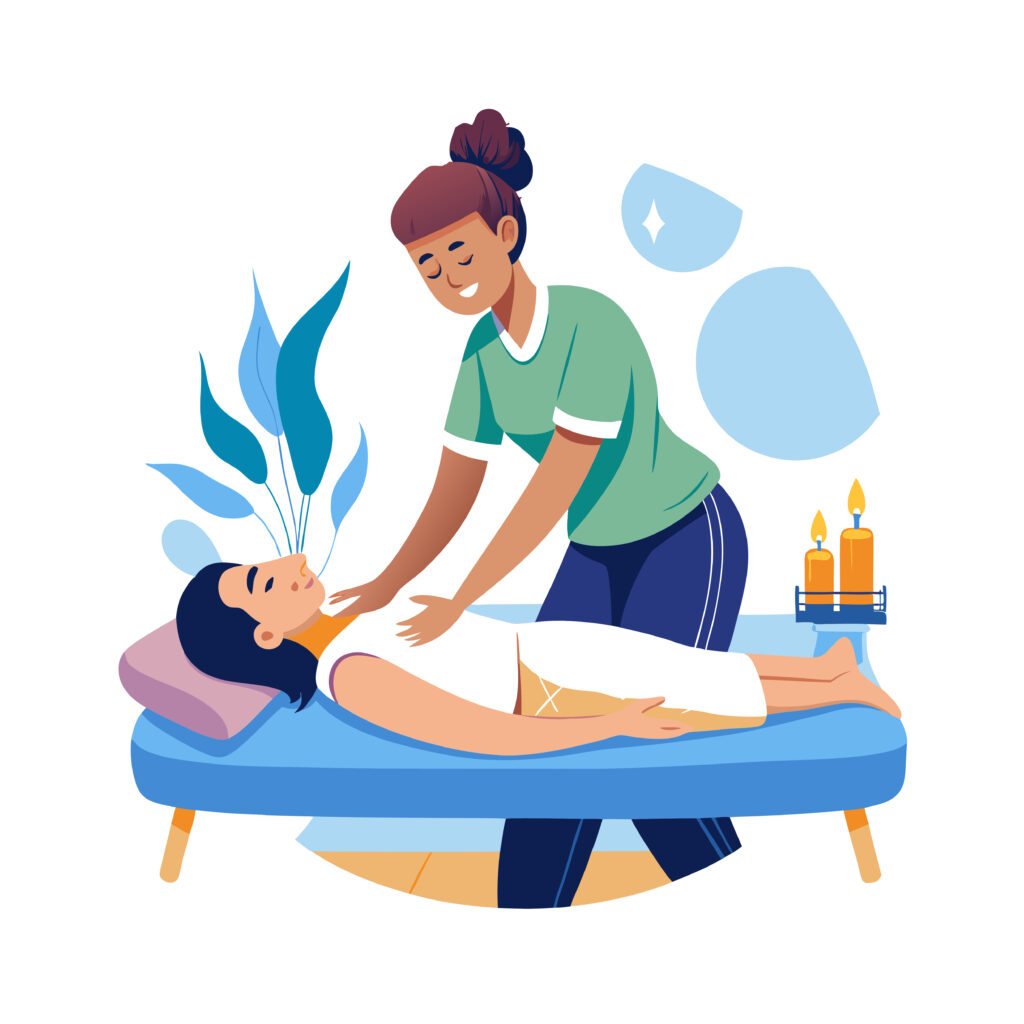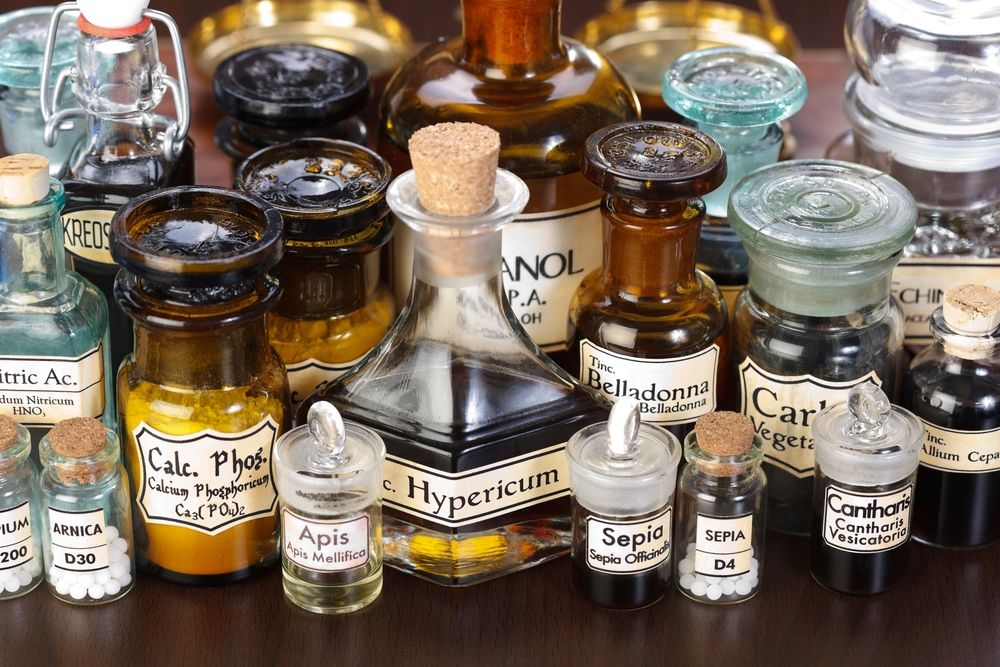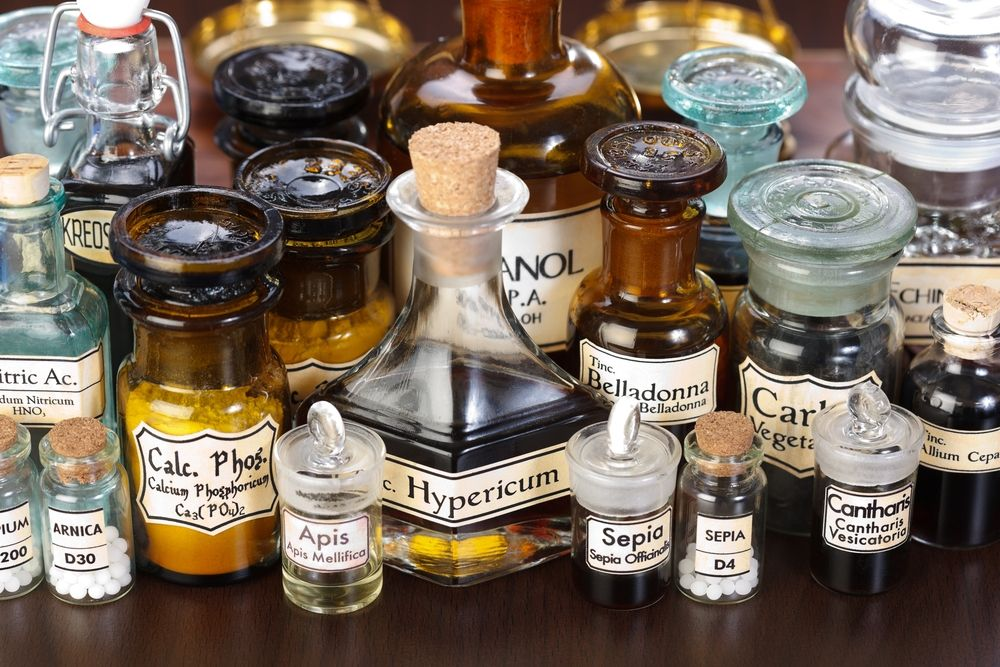Is Homeopathy a Cure for Mental Issues?
Can homeopathy cure mental illness? Many individuals pose this question while exploring non-traditional ways of treating psychiatric disorders. About 200 years ago, a medical system named homeopathy was invented with the aim of activating natural healing forces in human beings using very diluted substances. But how does it work for mental health? This post examines the possible advantages and disadvantages of dealing with such issues. Can homeopathy help with anxiety disorders? Homeopathy can help manage anxiety disorders as it has been believed to alleviate symptoms of anxiety by using remedies like Aconitum and Arsenicum Album that get inclined towards the emotional and physical symptoms of the patient. However, scientific evidence supporting homeopathy’s effectiveness in treating anxiety is limited, and often the therapy is used as a complementing tool. In this individualized treatment, people going for homeopathy for anxiety find a sense of well-being and calmness. While prescribing the remedy, homeopaths take into consideration the mental, emotional, and physical symptoms of the person. However, patients must consult healthcare providers to ensure an integrated approach to anxiety management. How does homeopathy help with depression? Homeopathy helps manage depression based on an individual’s emotional condition, with treatment methods including Natrum Muriaticum and Ignatia. These medications are considered to assist in a hidden imbalance of a patient’s emotional state. However, the scientific evidence backing homeopathic treatment for depression is very weak; hence holistic treatment is necessary. Homeopathic practitioners underline that every patient’s symptoms should be carefully studied, whether their problem shows up in feelings of being depressed, lacking motivation, or being irritable. The aim will be the restoration of emotional balance and contribution to general mental health. Homeopathy is often accompanied by other therapies for better treatment results, and the patient will always be advised to be open with their health providers. What homeopathic remedies are used for stress management? Common homeopathic remedies for stress management include Kali Phosphoricum, known for its calming effects, and Argentum Nitricum, which targets anticipatory anxiety. These remedies are selected based on individual symptoms, with a focus on promoting relaxation and emotional stability. Their use should complement professional mental health care. Homeopathy in stress management would call for an overall assessment of the patient’s stressors, emotional responses, and physical symptoms; treatment would be given accordingly to reduce stress and increase resilience. Many homeopathic practitioners recommend some changes in lifestyle along with the remedies for overall stress reduction. Can homeopathy help in sleep disorders? Homeopathy may assist with sleep disorders by using remedies like Coffea Cruda, which is believed to calm an overactive mind, and Nux Vomica, which addresses stress-related insomnia. Homeopathy focuses on individual sleep patterns and emotional factors, providing personalized solutions that complement standard sleep therapies. Practitioners assess sleep quality, stress levels, and lifestyle factors in the patient to apply the appropriate remedy. Homeopathy promotes sleep by withdrawing the fundamental causative factors for sleep disturbances. Also, sleep hygiene practices will be advocated, and regular follow-up with healthcare providers to get optimal results. Is homeopathy effective for treating ADHD symptoms? Homeopathy is generally effective in treating ADHD symptoms with remedies like Hyoscyamus and Tarentula, which target hyperactivity and concentration issues. However, scientific support for homeopathy in ADHD treatment is limited, and it is often utilized as a complementary approach alongside conventional therapies for comprehensive care. Homeopathic treatment of a child profiles their pattern of behavior that encompasses impulsivity and poor concentration. Remedies are given that will enhance concentration and generally improve behavior. Such collaboration helps in utilizing homeopathy as an adjunct in the management of ADHD symptoms along with other evidence-based interventions. What role does homeopathy play in managing OCD? Homeopathy is believed to assist in managing OCD by addressing underlying emotional imbalances with remedies such as Arsenicum Album and Syphilinum. Treatment is personalized, focusing on specific obsessions and compulsions, but should be considered complementary to evidence-based OCD therapies like cognitive-behavioral therapy. Practitioners assess the patient’s OCD symptoms, such as persistent thoughts and repetitive behaviors in choosing the proper remedies. The aim of homeopathy is to decrease anxiety and improve mental flexibility. Integration of homeopathic remedies with traditional treatments are encouraged for the patients to have a holistic approach to the management of OCD and improve the outcome of the treatment. Are there homeopathic solutions for PTSD? Homeopathy is thought to help with PTSD symptoms by using remedies like Aconitum Napellus and Arnica, which address fear and trauma. Treatment focuses on individual emotional responses and past experiences, serving as a complementary approach to standard PTSD therapies for a more holistic recovery process. Homeopathic professionals take a detailed history of the patient’s traumas and their feelings to select remedies that will assist people on their paths to healing. It may help reduce levels of anxiety, flashbacks, and emotional pain. Coordination with mental health professionals can ensure a comprehensive treatment plan that includes homeopathy along with therapies such as trauma-focused cognitive-behavioral treatment. The Key Takeaway Homeopathy provides an all-round approach that works well with conventional treatments while enhancing general healthiness. It is individual-centric and non-aggressive thus becoming a favorable choice for people seeking other options. To obtain excellent results from using homeopathy for mental health, ensure that consultation is made with qualified practitioners who will provide appropriate care.



